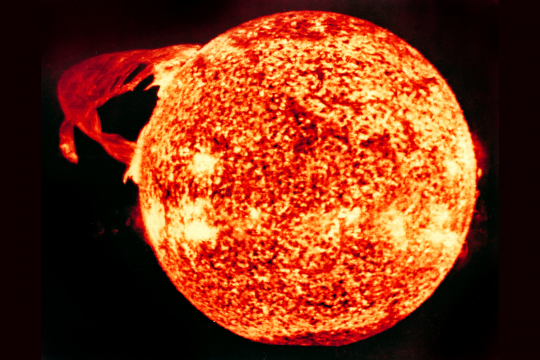Future-proofing

Will the Covid-19 outbreak result in more than just temporary changes to the way our societies prepare for the future? Will we future-proof the way we organize our economies, our industry's supply chains, our public health care, the way we travel, the way we consume? If history is of any guidance, I fear that not much will be learned from this crisis. Likely, our governments will make sure we have enough face masks and a better infrastructure to set up new virus tests for coming viral epidemics.
Virologists and epidemiologists have been asking to prepare for a pandemic with less success than we wish now. Since the Spanish flu, it was clear that in a globally connected world viral pandemics are inevitable. The question was never if, but only when the next would happen. We had enough warning shots: SARS, MERS, ebola, and swine flue, just to mention a few.
Other experts have been and are still warning to prepare for global crises of other types. Similar to a viral pandemic, the question is not if, but only when the next major asteroid impact or CME (coronal mass ejection) will happen. Similar to Covid-19, we got an ample amount of warning shots for both: The Tunguska event, the Chelyabinsk meteorite, the Carrington event, the 2012 solar storm just to name the more known ones. Despite this, we are not prepared for such disasters and I fear that governments don't see the similarities between the Covid-19 outbreak and a CME. Unfortunately, astronomic events can be orders of mangitude worse than any pandemic.



